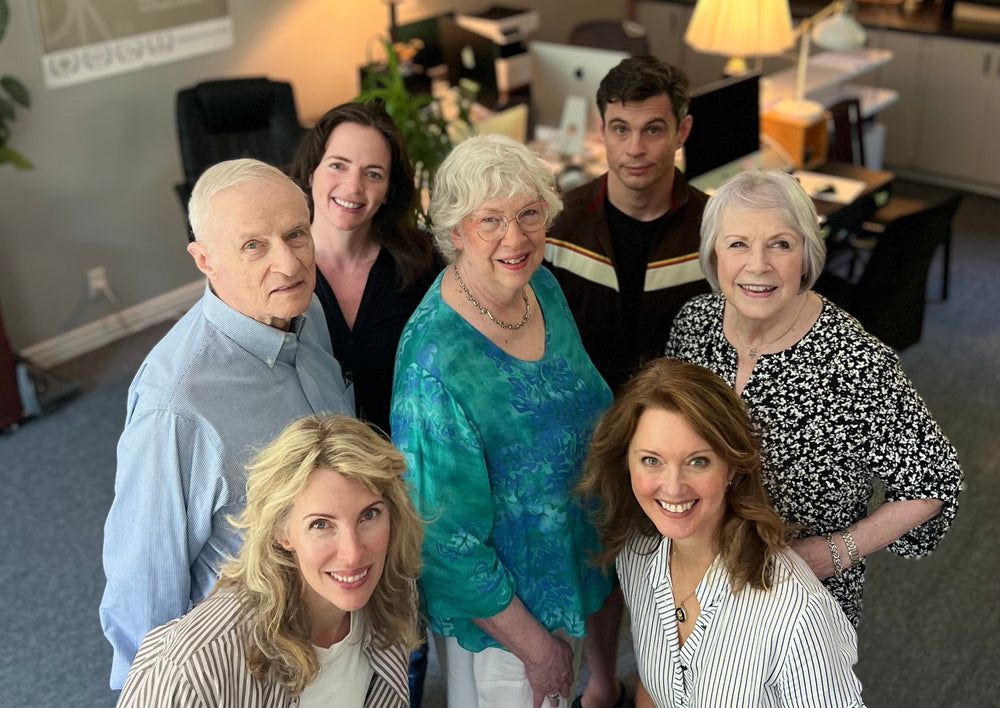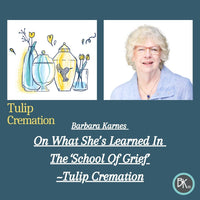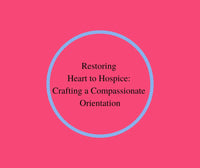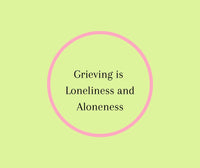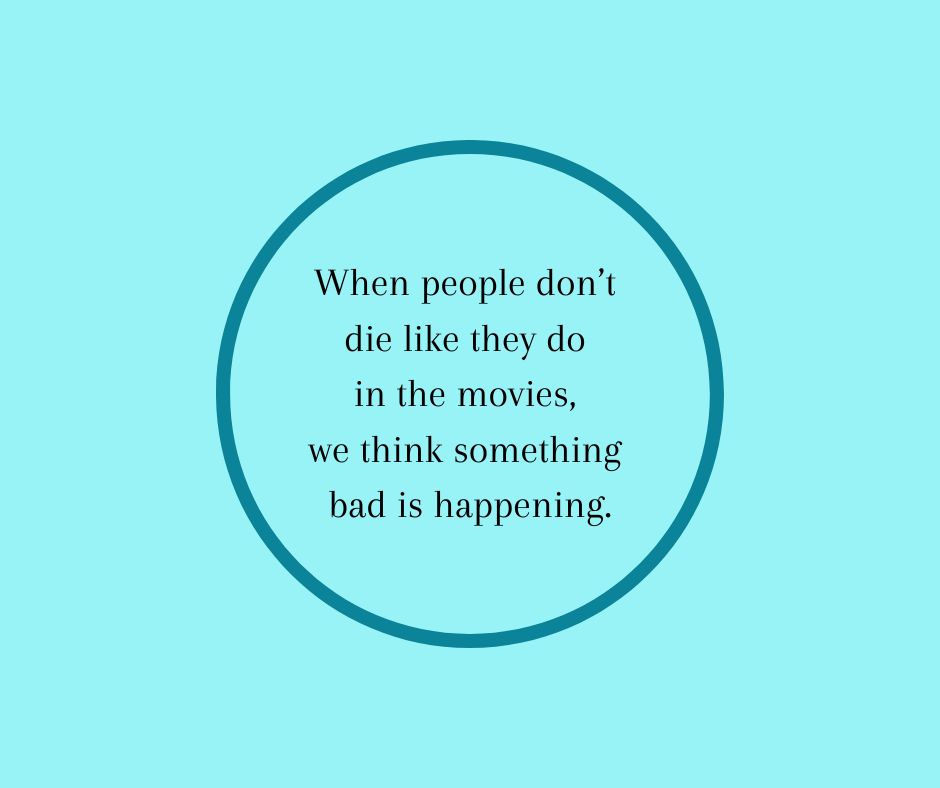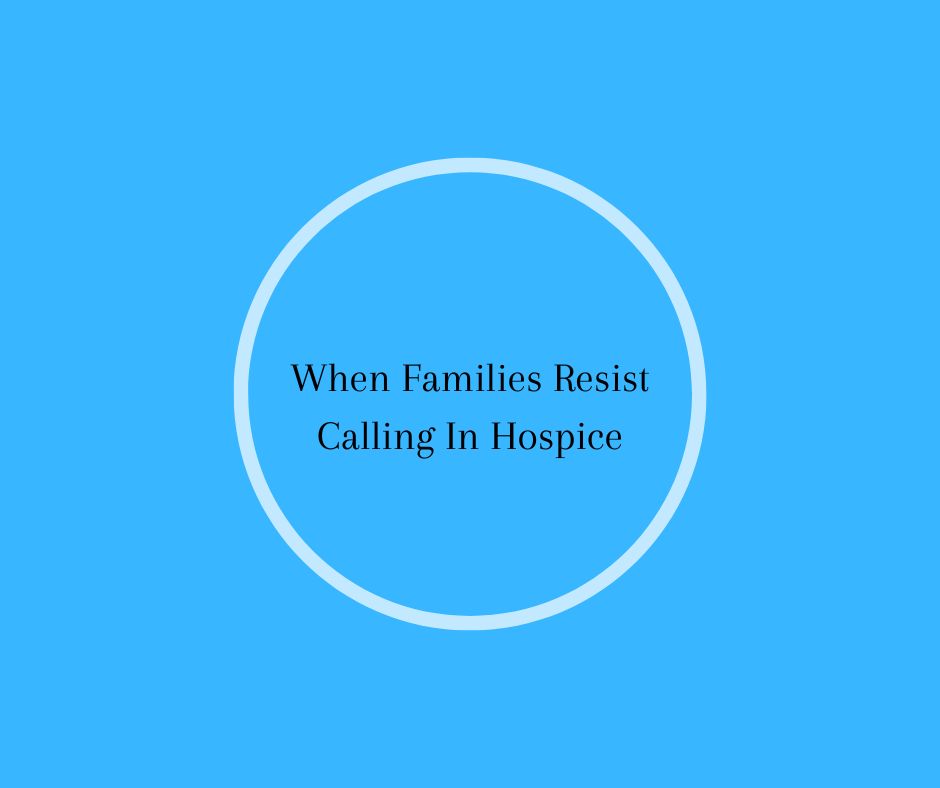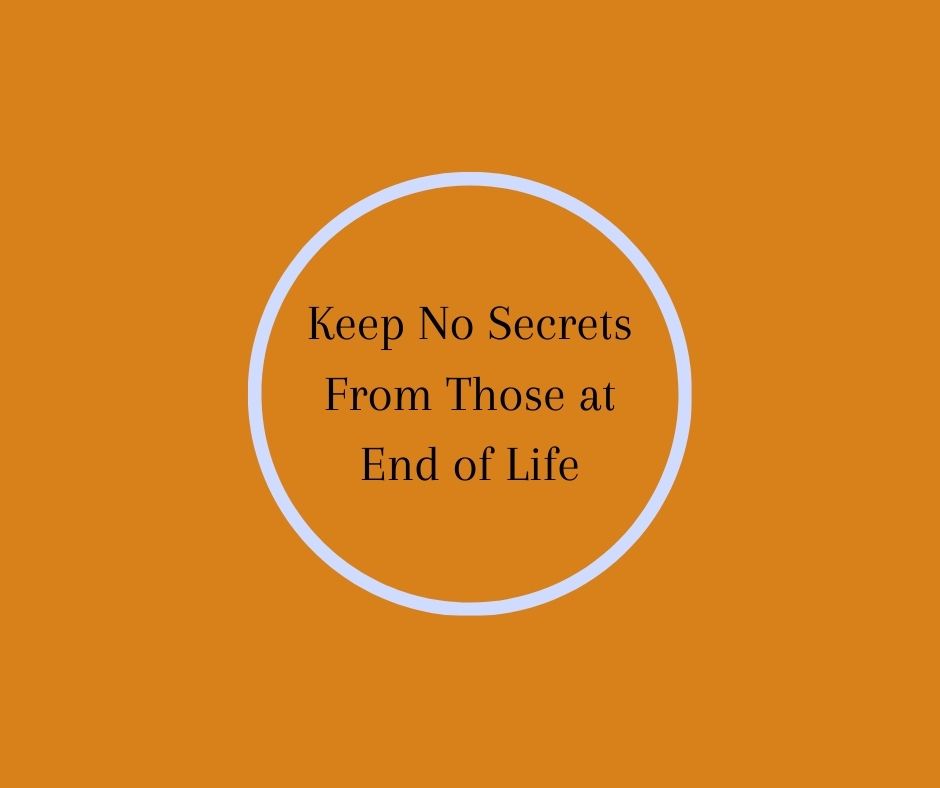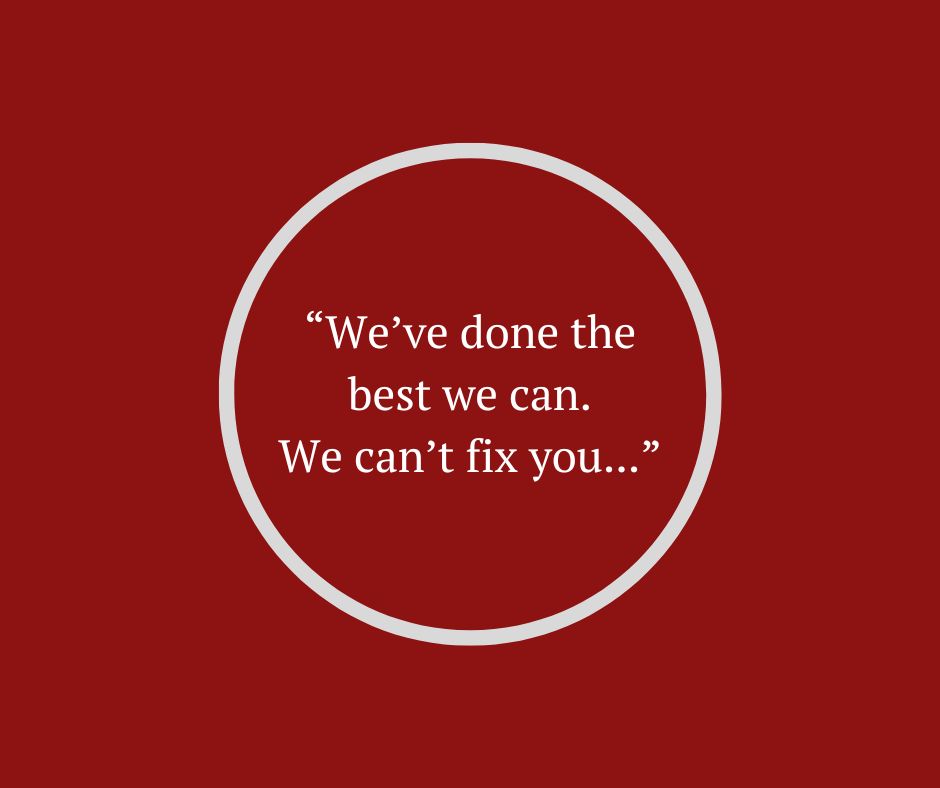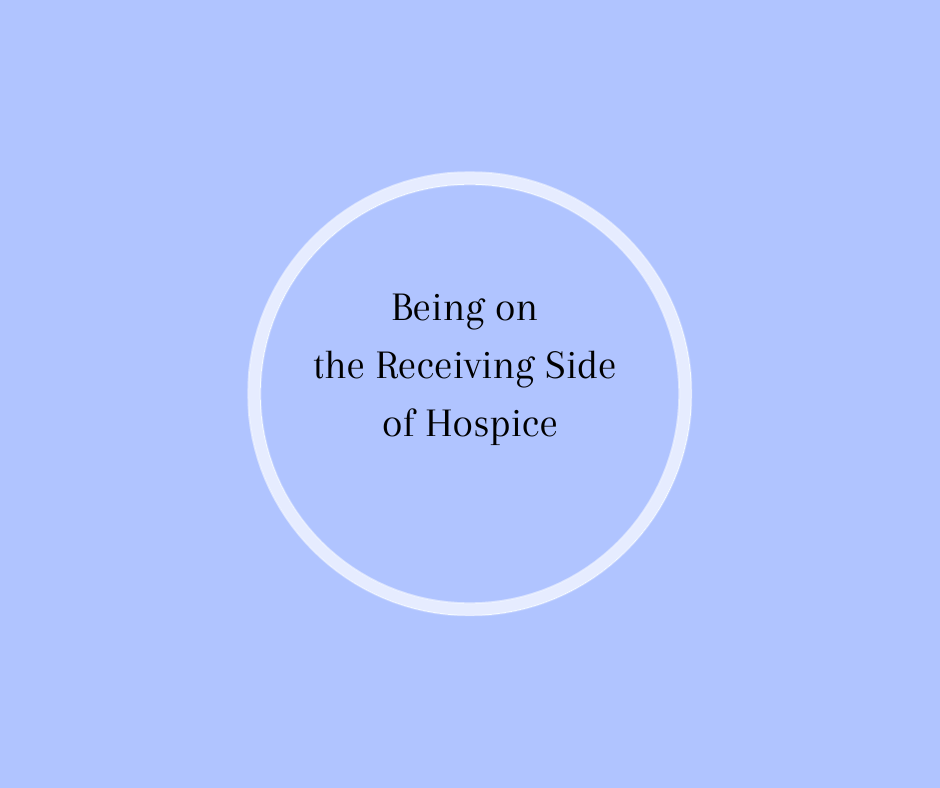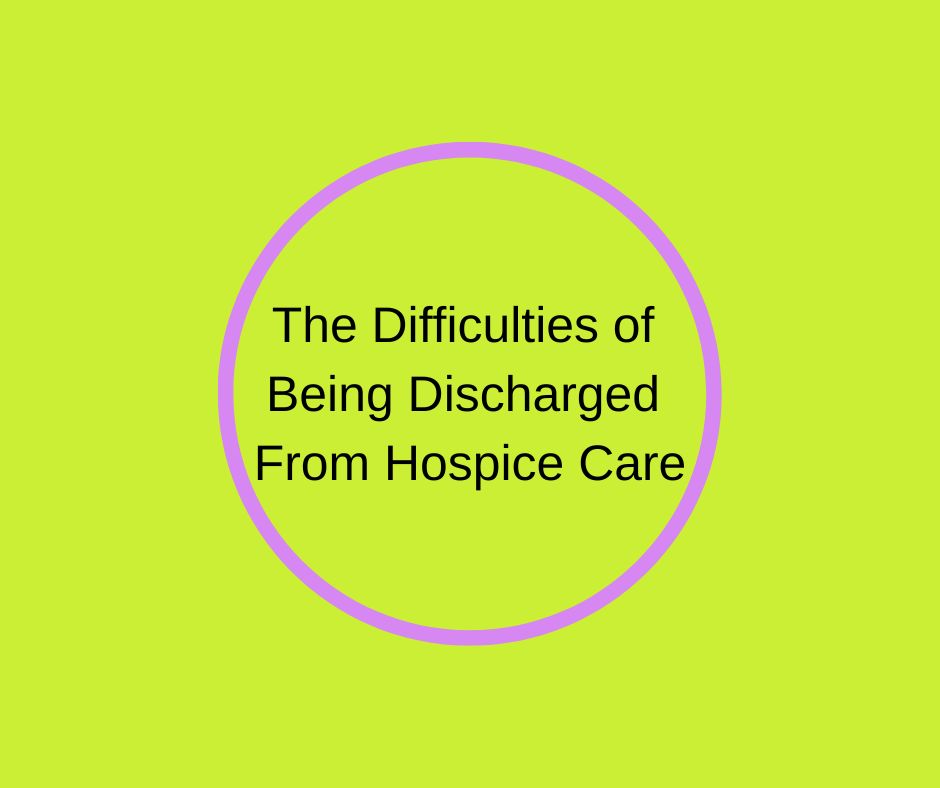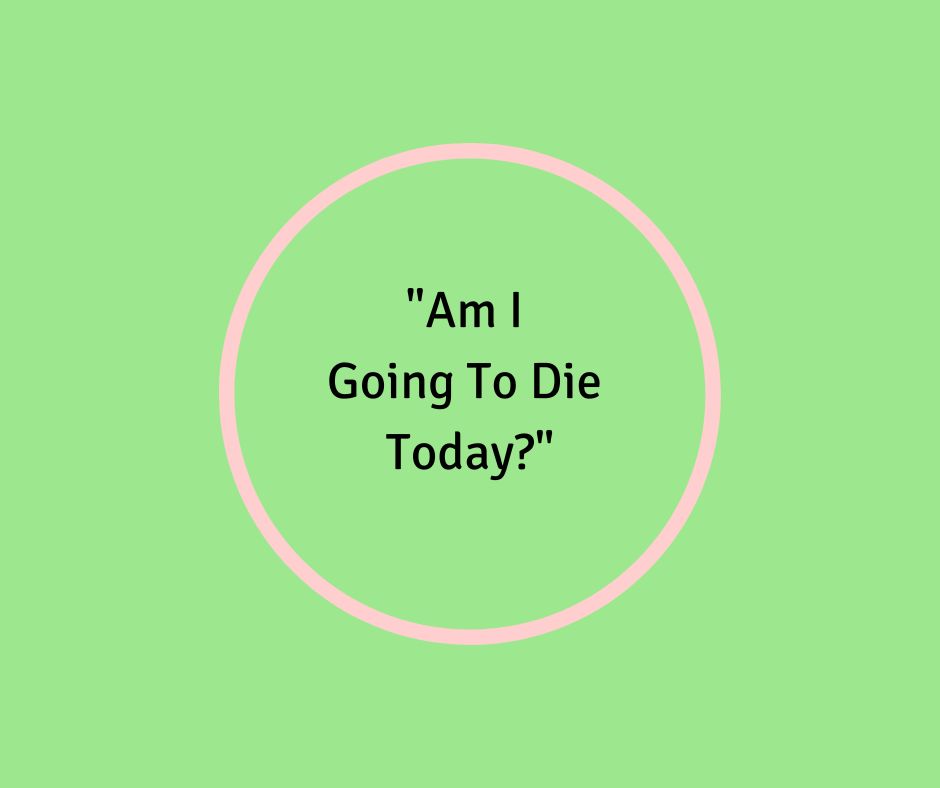
Something to Think About
a blog on end of life
- All posts
- addiction
- advance directive
- alzheimers
- anticipation
- anticipatory grief
- Approaching Death
- assisted care
- assisted death
- Assisted Living
- bereaved
- Bereavement
- burnout
- BY YOUR SIDE A Guide for Caring for the Dying at Home
- cancer
- caregiver
- caregiver fatigue
- caregiver support
- caregiving at end of life
- children
- Clinician
- comfort care
- covid 19
- Death
- death and dying
- death cafe
- death call
- death care
- death doula
- death education
- death midwife
- death of a pet
- death ritual
- dementia
- dementia doula
- diagnosis
- Director of Education
- disease
- DNR
- doctors
- dying
- dying pet
- dying process
- Dynamics of Dying
- Eating or not eating
- elderly
- Elisabeth Kubler-Ross
- end of life
- end of life doula
- euthanasia
- family
- family caregiver
- father
- Fear
- Feeding
- Financial records
- Food
- food at end of life
- Funeral
- gift
- Gone From My Sight
- graduating from hospice
- gratitude
- Grief
- Grief Counselor
- grief support
- Guilt
- holidays
- Home Care
- home death
- home health
- home healthcare
- Hospice
- Hospice Blue Book
- hospice care
- hospice chaplain
- hospice education
- hospice end of life care
- hospice for pets
- hospice nurse
- hospice nurses
- hospice patient
- hospice physician
- hospice referral
- Hospice Social Worker
- Hospice Staff
- hospice volunteer
- hospital
- How Do I Know You ?
- How Do I Know You? Dementia at the End of Life
- Hydration or dehydration
- infant death
- labor
- labor at end of life
- life limiting
- life support
- loss
- media
- Medicade
- Medicare
- medication
- medications
- memory care
- midwife
- moment of death
- morphine
- mother
- My Friend I Care
- narcotics
- New Rules For End Of Life Care
- No Code
- Not Eating
- nurse
- Nursing facility
- Nursing home
- nutrition
- Old Age
- older pet
- orientation
- oxygen
- pain
- pain at end of life
- pain management
- pain relief
- palliative care
- palliative sedation
- pandemic
- personality
- Pet death
- Pet illness
- physician
- podcast
- POLST
- prepare for death
- quality of life
- religion
- Retirement Home
- sacred
- self care
- sleep
- Social Worker
- spanish grief literature
- stages of grief
- sudden death
- Suicide
- Supervisors
- support
- terminal
- terminal agitation
- terminal diagnosis
- terminal restlessness
- The Eleventh Hour
- The Final Act of Living
- This Is How People Die
- Time
- Time of Death
- trauma
- treatments
- volunteer
- volunteers
- washing the body
- widow
- wife
- Will
- You Need Care Too
That weekend I sat on my sofa with a yellow legal pad (before computers) and wrote what I wanted families and caregivers to know about the natural dying process. I...
What many, maybe even most, people do is trade that moment for a gamble on the future. We do this gambling with a lot of life occurrences. But we place...
We used to have role models on what dying really looks like. People died at home, in their own bed. Family and friends gathered — held a vigil, so to speak. When...
There are many different approaches and offerings. These multiple choices give you the chance to match your personality with the instructors and teaching methodology...
Part of "selling" hospice is to create trust and a bond during that first meeting. It takes people skills in addition to knowledge of hospice benefits...
Denial by the person with a life threatening illness, denial by the caregiver, and I’ll even add denial by some attending physicians. Denial is often the reaction to diseases that have...
...That caregivers put so much energy, time, love, and concern into taking care of their person that they can become blind to or just plain don’t want to see the...
When working with families who ask me not to tell mom, I say that I won’t bring the subject up, but if she asks, I will talk about it.
Someone has to have the courage to say “We’ve done the best we can. We can’t fix you. Let us help you have some quality time”.
Our body is programmed to die. We are born. We experience, and then we die...
Once we get up the courage to call hospice, we want to see you immediately. Actually, we needed to see you, hear your guidance and advice, and receive your services yesterday. Families...
The physician is frontline, the top of the pyramid in healthcare. All care follows from there. The physician can set the tone for the entire patient experience.
Why is the patient being discharged, you ask? Is it because the patient just didn’t decline as rapidly as expected? Yes, that can be the situation...
The role of any end of life worker is to begin teaching immediately, on the first visit -- teaching about approaching death, what to look for, and what to do. That’s...
Our role models from movies and TV show us that dying is gentle, often poetic, certainly not scary or messy. Movies make dying look comfortable.
As caregivers, we want so much to do the “right thing” for our special person. We know death is coming but still try to do all we can to stop...
I knew all the signs of approaching death, of labor beginning. What I didn’t know was how much we don’t want to see those signs, and by not wanting to see them,...
Addressing the timelines of approaching death also neutralizes the false hope that our person will get better, that there is more time.
When we begin the gradual dying process our personality tends to intensify. If we are an angry person we will get angrier. If we have a gentle personality we will...
Not everyone who is dying has pain. Disease causes pain. If pain is not present, a narcotic is not appropriate (except a tiny bit can ease labored breathing is present...
When doctors and healthcare professionals place a number on how long someone has to live they are doing that person a disservice.




